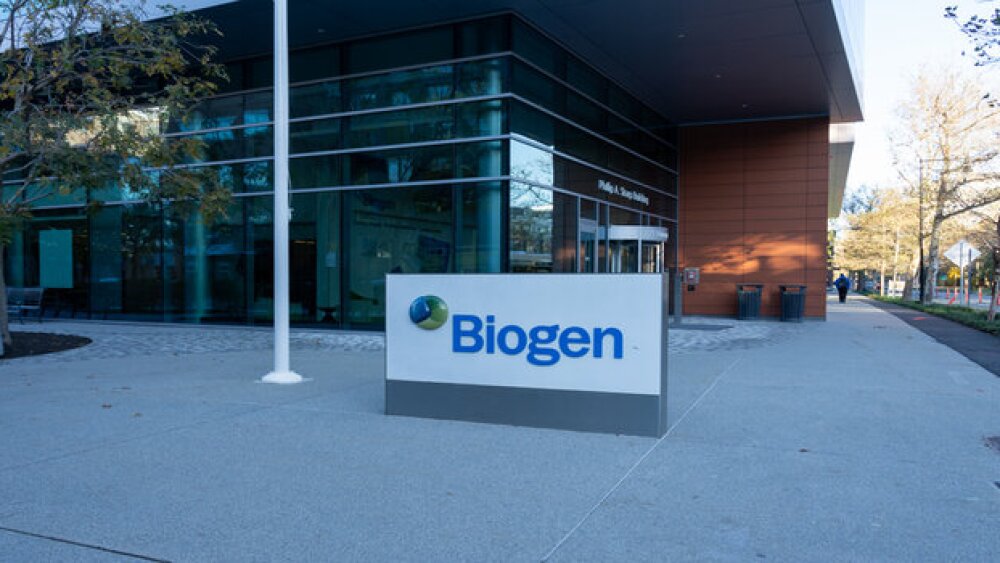Expensive But Questionable Drug Creates Focus On Medicare Drug Reimbursement
August 6, 2014
By Mark Terry, BioSpace.com Breaking News Staff
Recent reporting by ProPublica and the New York Times on Medicare spending for the drug Acthar has drawn attention to FDA approvals and how Medicare reimburses for expensive drugs. H.P. Acthar Gel, a complex biologic medication marketed by Questcor Pharmaceuticals , is primarily used to treat multiple sclerosis relapses, infantile spasm, and proteinuria in nephrotic syndrome, a rare kidney disease. The cost: $41,763 per prescription.
The drug is rarely prescribed, in part due to questionable effectiveness. It was prescribed via Medicare 3,387 times in 2012, accounting for a whopping $141.5 million expense for Medicare Part D.
Acthar was approved by the FDA in 1952. In that era drug manufacturers only had to prove that a drug was safe, not that it was effective. Drug approvals are more stringent today. Initially Acthar was authorized as a treatment for more than 50 diseases, but has been curtailed to 19. Acthar is of questionable efficacy and several doctors cited in the article indicate that it tends to be a drug of last resort when nothing else works.
However, ProPublica’s analysis of Medicare records find that many of the top prescribers of Acthar have financial ties to Questcor. Fifteen prescribers of Acthar accounted for 10 percent of Medicare prescriptions. The top four prescribers receive funding from Questcor as promotional speakers, researchers, or both.
Questcor bought the drug in 2001 and significantly increased the price for it since 2007. In addition, the company increased its marketing of the drug for broad use and funded a charity to assist patients with co-pays. Further complicating the issue is the company is being investigated by two U.S. attorney’s offices and the S.E.C. for its promotional practices.
Questcor is currently being acquired by Mallincrodt Pharmaceuticals for approximately $5.6 billion in cash and stock.
Medicare regulations do not allow the government agency to impose limits on a drug’s prescription. That decision is left to private insurers that administer the drug program on Medicare’s behalf. Aaron Albright, spokesman for the Centers for Medicare and Medicaid Services, said in a written statement, that Medicare “cannot bar access to medications like Acthar, even in the face of rising expense and questions about efficacy,” because the law “mandates that Medicare’s drug program, known as Part D, cover drugs for the uses authorized by the Food and Drug Administration.”
Help employers find you! Check out all the jobs and post your resume.





